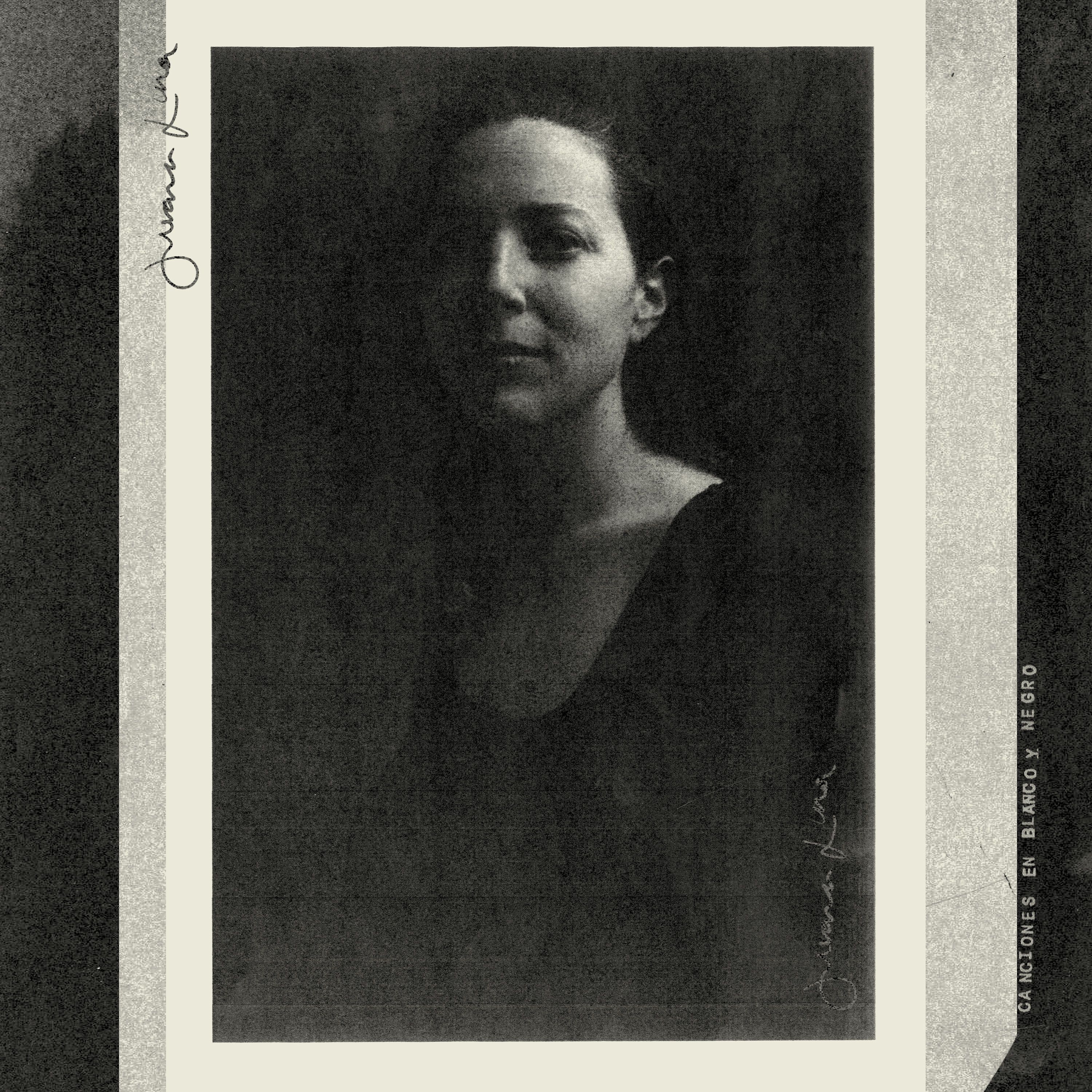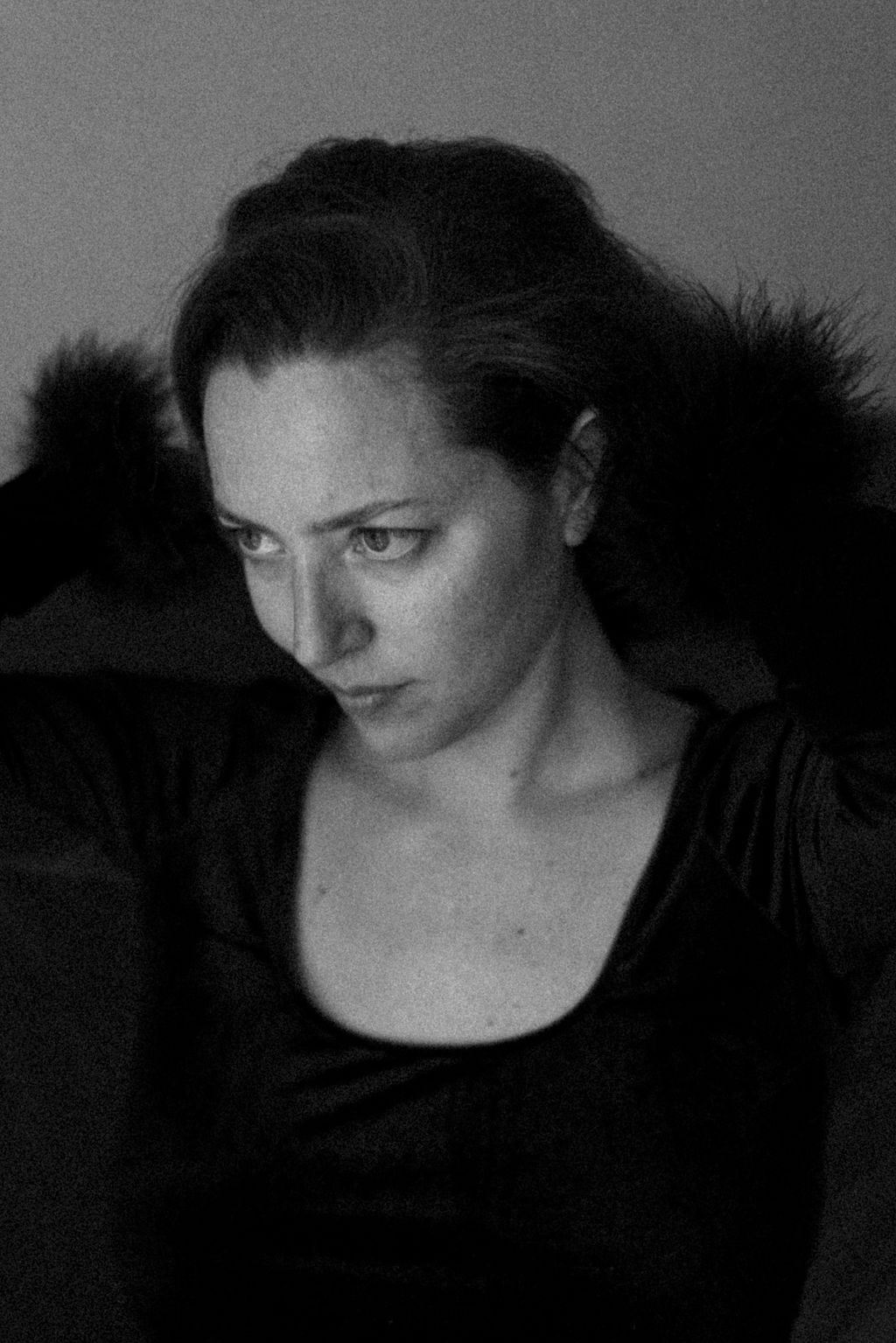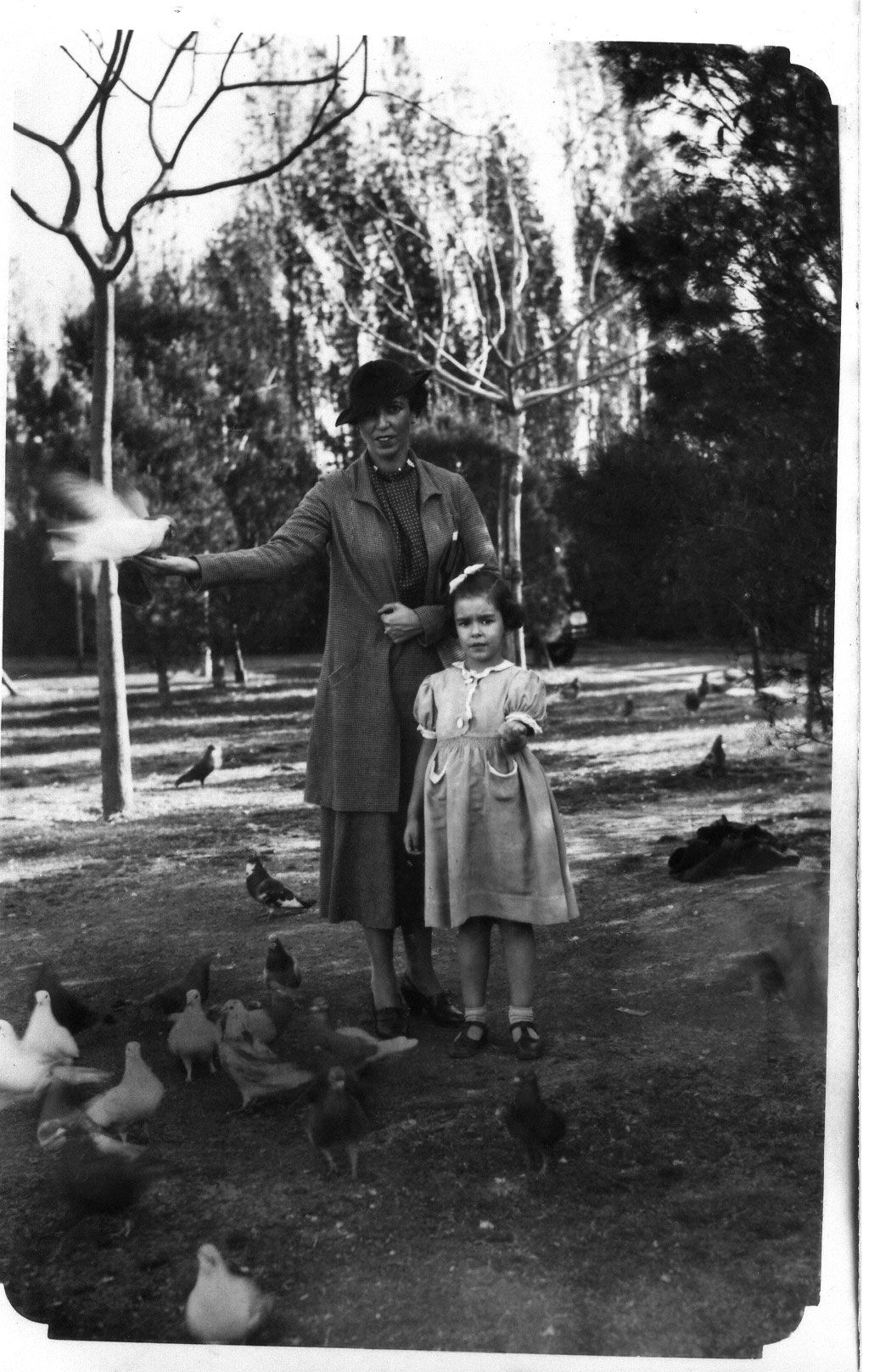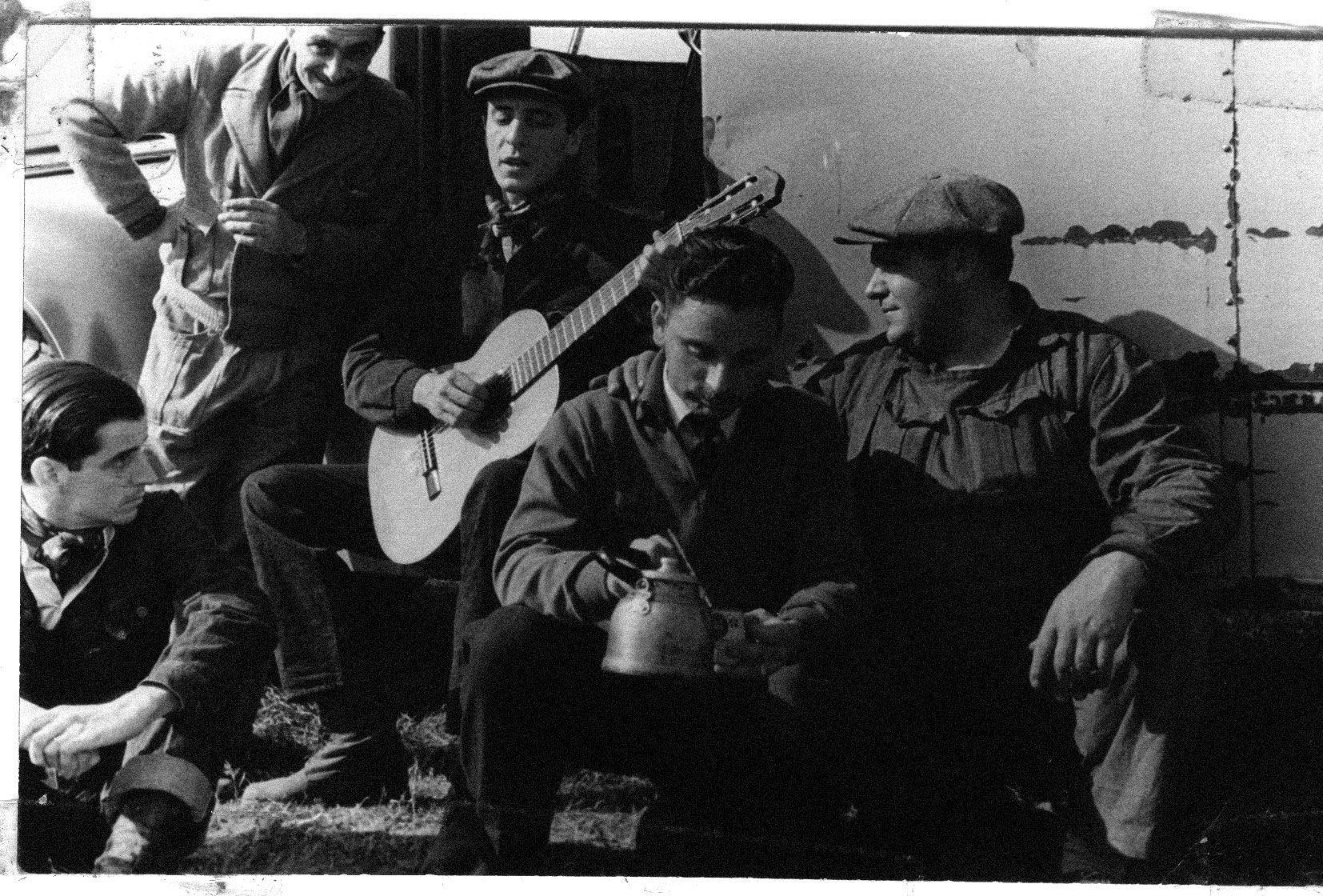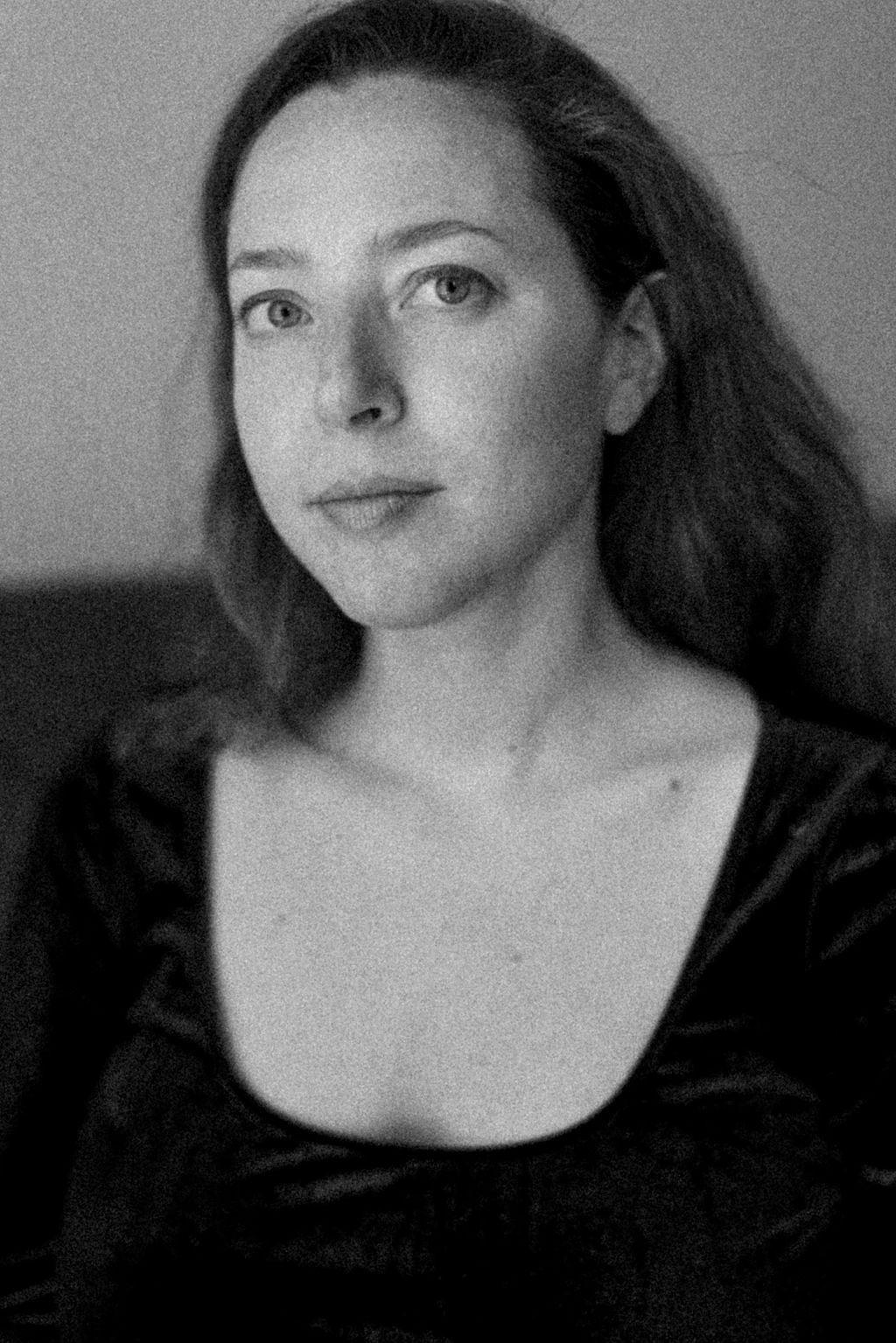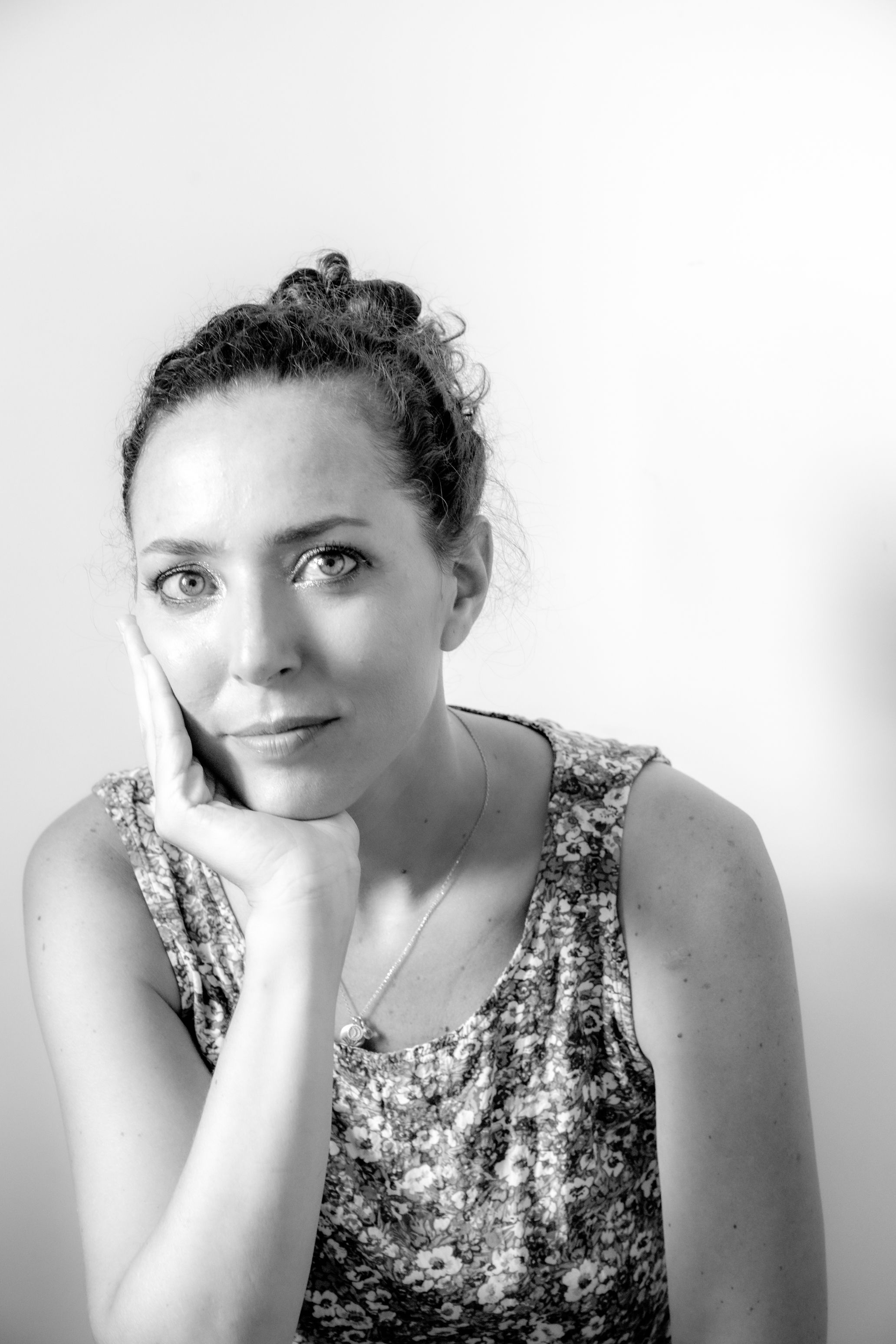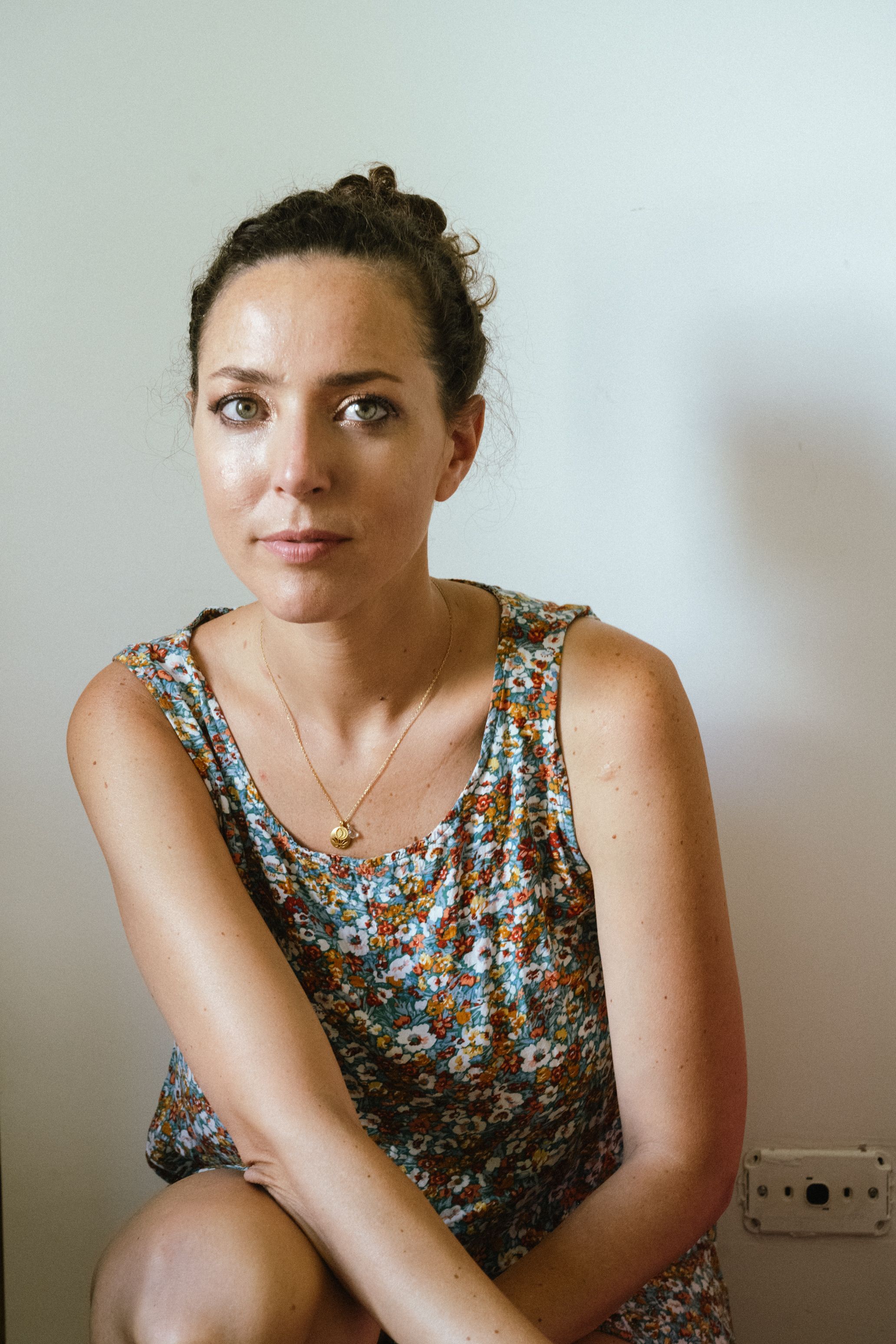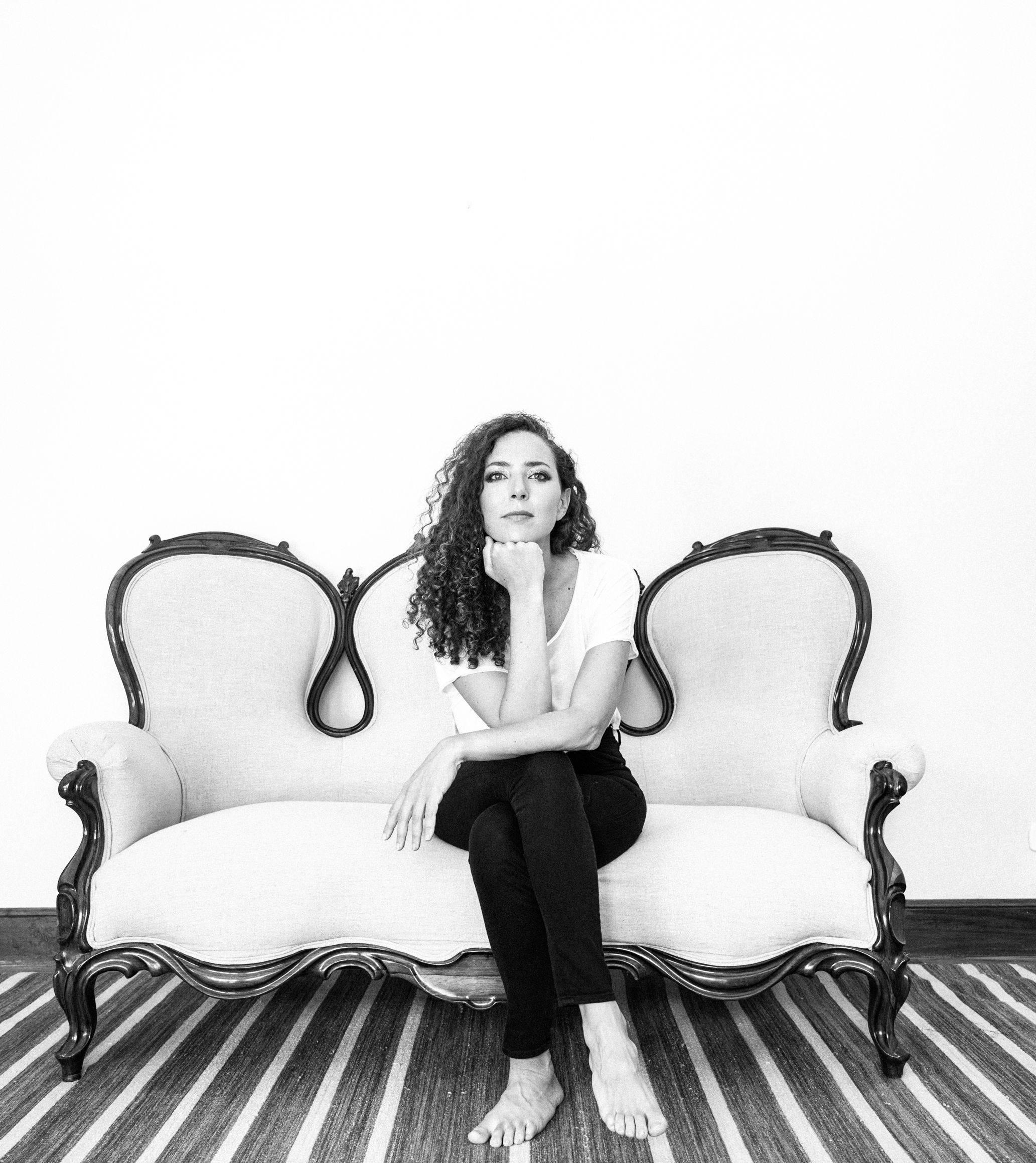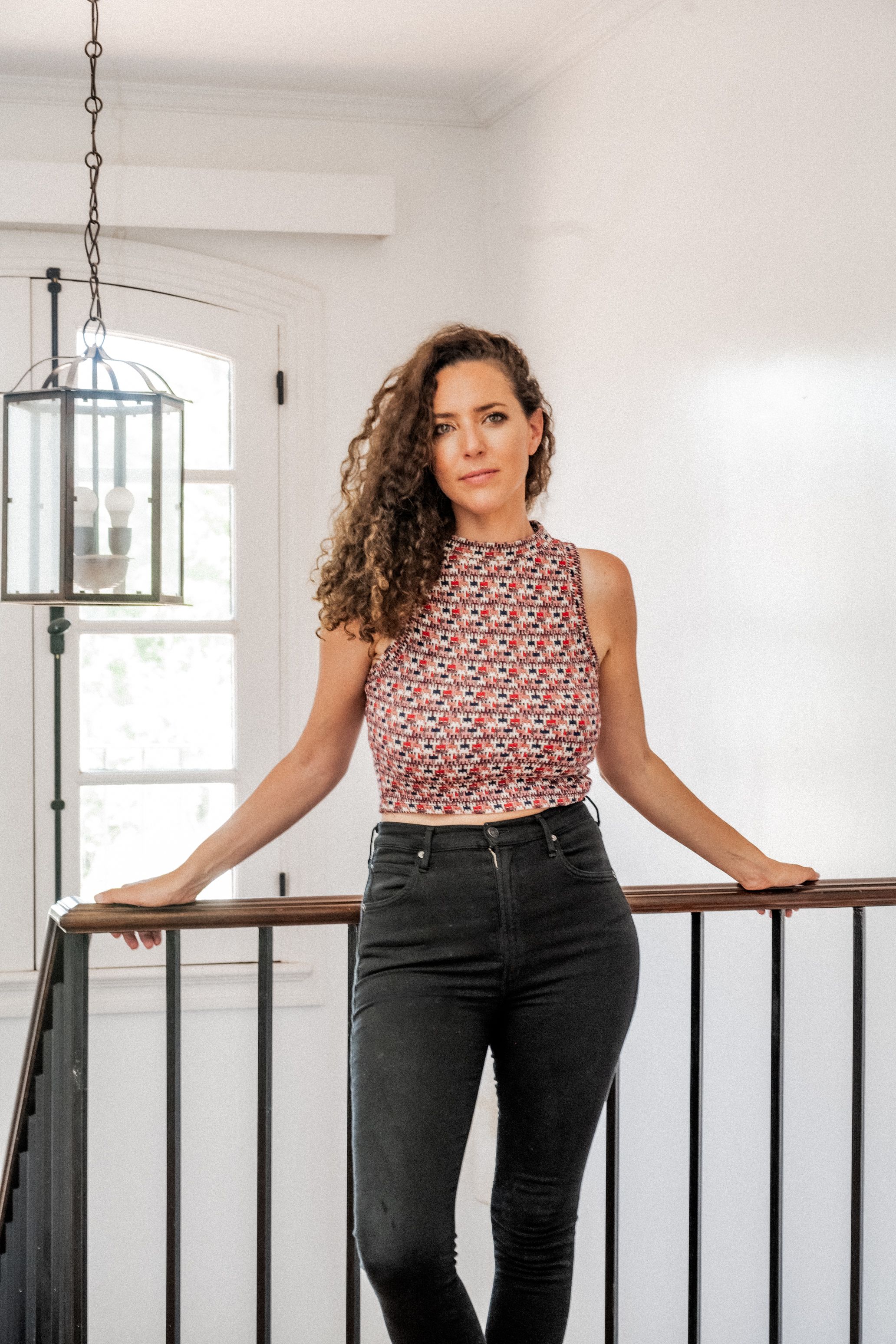Music and Lyrics by Ramón Sixto Ríos, 1952
Qué dulce encanto tiene Tu recuerdo, Merceditas Aromada florecita Amor mío de una vez
La conocí en el campo Allá muy lejos una tarde Donde crecen los trigales Provincia de Santa Fe
Así nació nuestro querer Con ilusión, con mucha fe Pero no sé por qué la flor Se marchitó y muriendo fue
Amándola con loco amor Así llegué a comprender Lo que es querer, lo que es sufrir Porque le di mi corazón
Como una queja errante En la campiña va flotando El eco vago de mi canto Recordando aquel amor
Pero a pesar del tiempo Transcurrido es Merceditas La leyenda que hoy palpita En mi nostálgica canción
Así nació nuestro querer Con ilusión, con mucha fe Pero no sé por qué la flor Se marchitó y muriendo fue
—
What a sweet charm it has Your memory, Merceditas Aromatic little flower my love once
I met her in the field Far away one afternoon Where the wheat fields grow Province of Santa Fe
This is how our love was born With illusion, with a lot of faith But I don't know why the flower withered and died
Loving her with crazy love This is how I came to understand What it is to love, what it is to suffer Because I gave her my heart
Like a wandering complaint In the countryside it floats The vague echo of my song Remembering that love
But despite the time Afterwards it is Merceditas The legend that beats today In my nostalgic song
This is how our love was born With ilusion, with a lot of faith But I don't know why the flower withered and died
Loving her with crazy love This is how I came to understand What it is to love, what it is to suffer Because I gave her my heart
